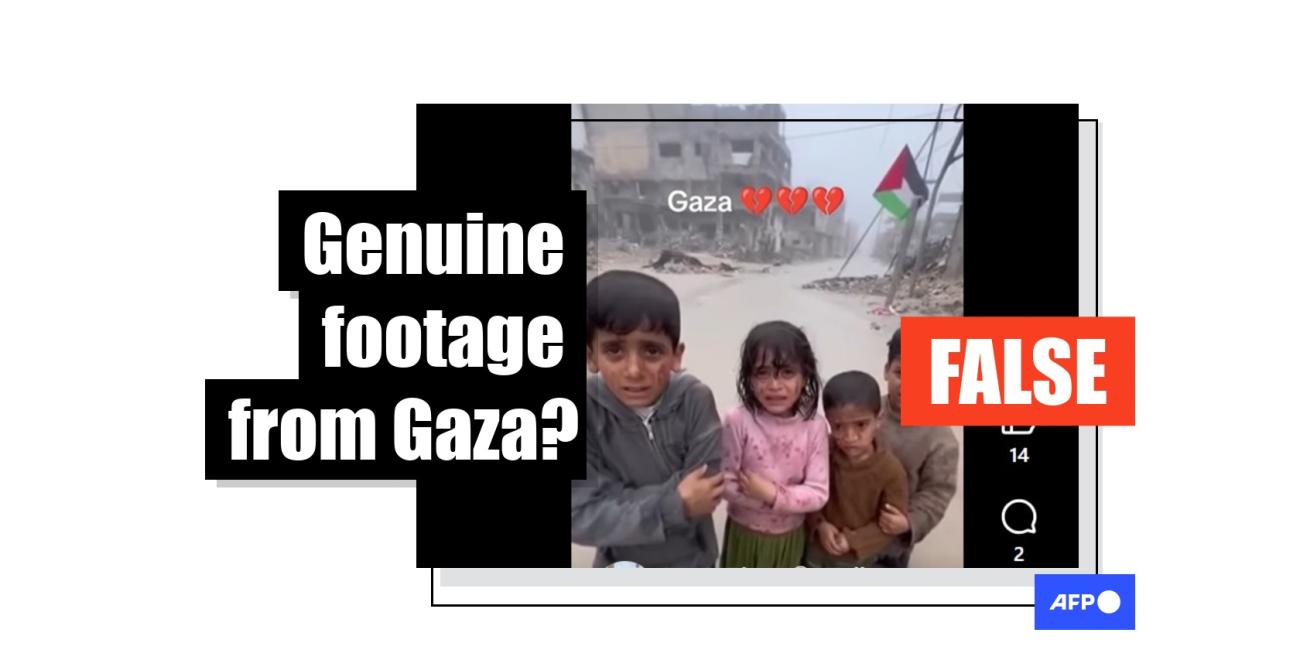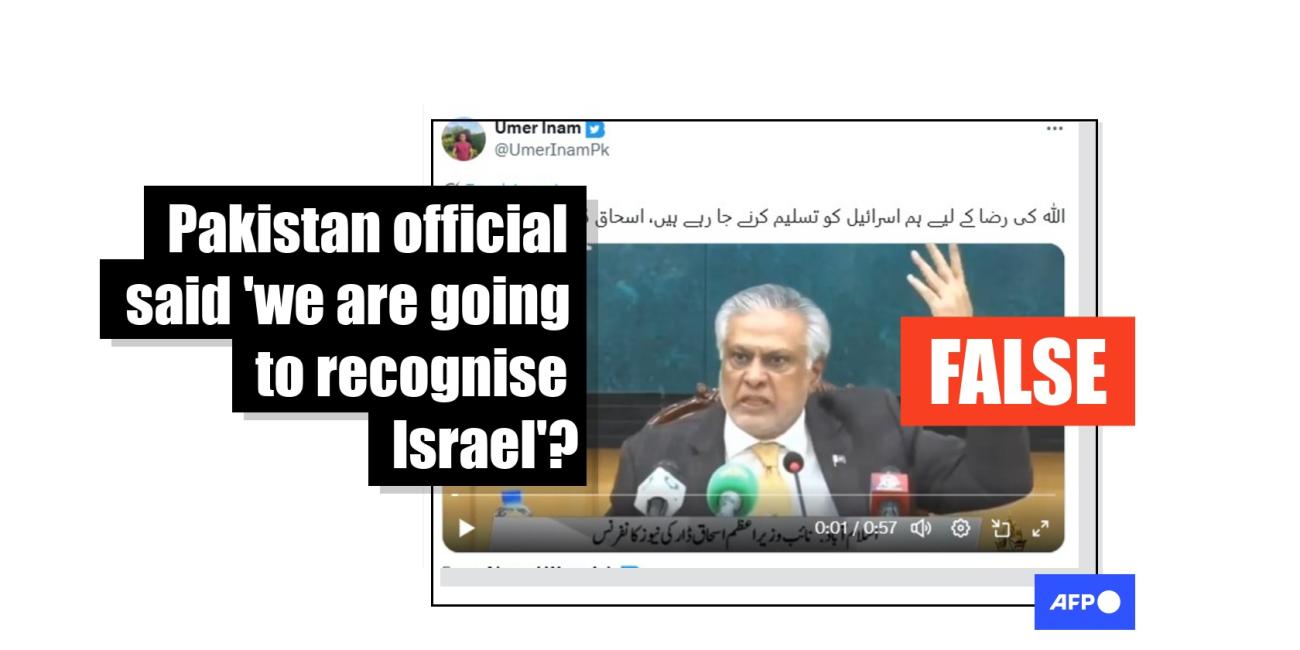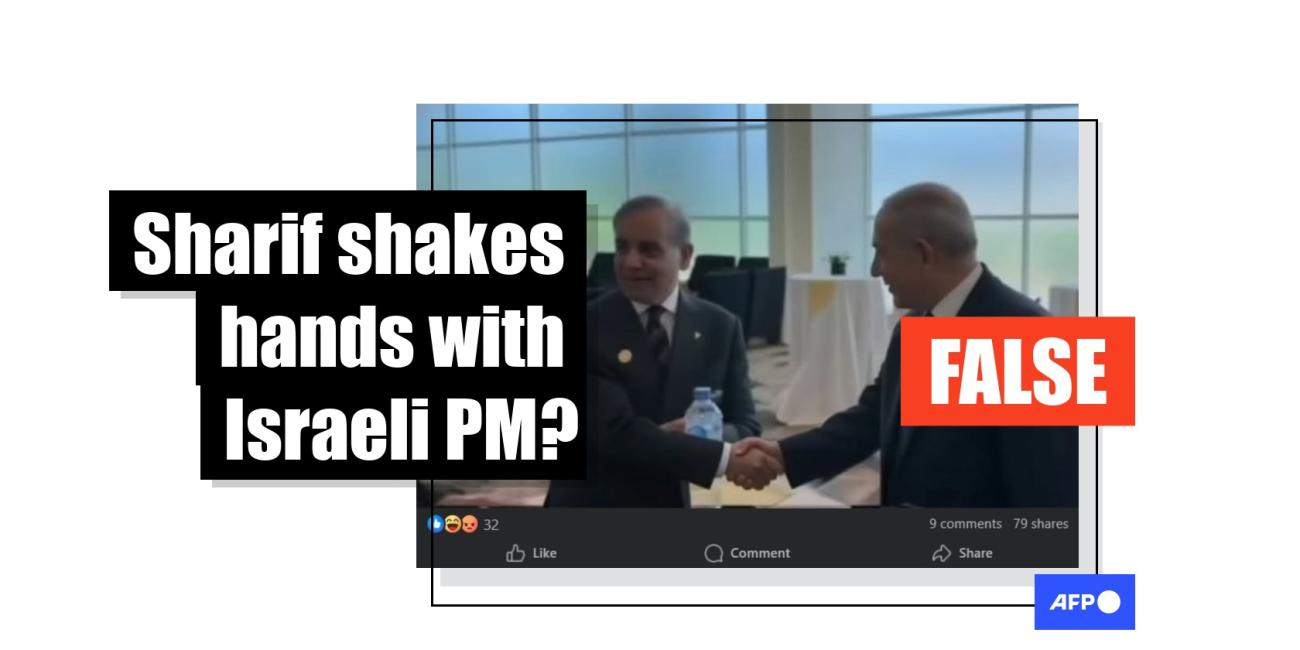
Old video shows rocket launcher during 2014 Russia-Ukraine conflict, not Iran's attack on Israel
- This article is more than one year old.
- Published on April 25, 2024 at 16:56
- Updated on April 26, 2024 at 18:01
- 3 min read
- By Tolera FIKRU GEMTA, AFP Ethiopia
“Last night Iran fired hundreds of drone, cruise missiles, & ballistic missiles at Israel and by God’s grace 99% were stopped,” reads the post published on April 14, 2024.
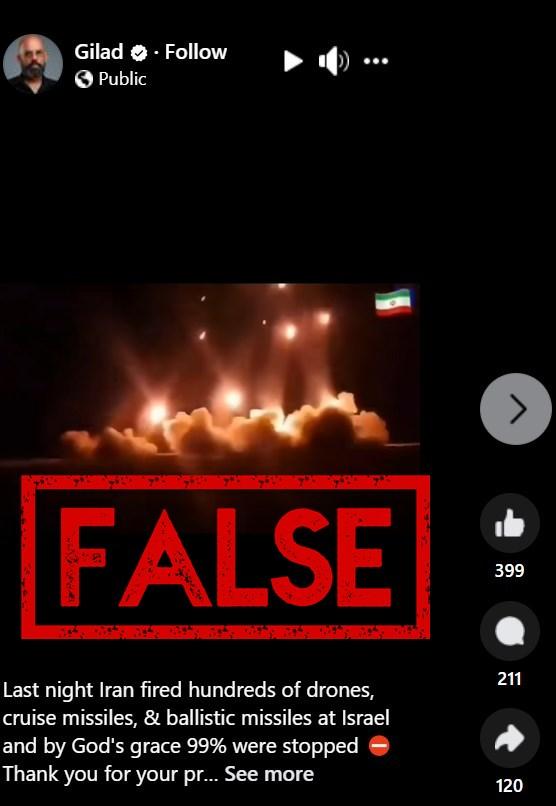
A 26-second clip shared as part of the post shows multiple rockets firing rapidly into the night sky.
The claim was published by Gilad Milo, a former Israeli diplomat based in Kenya where he made a name for himself as a chart-topping musician and a garlic farmer (archived here and here).
Milo’s Facebook account has more than 288,000 followers.
Boiling point
World leaders called for restraint after Israel carried out a missile strike (archived here) against Iran on April 19, 2024. The move followed Iran’s unprecedented attack on Israel on the evening of April 13, 2024, using more than 300 cruise missiles, drones and ballistic missiles.
The escalation has its seeds in the ongoing Gazan conflict where Israel and Hamas militants continue to wage war.
The conflict erupted with an unprecedented Hamas attack on Israel on October 7 that resulted in the deaths of around 1,170 people, mostly civilians, according to an AFP tally of Israeli official figures.
In retaliation, Israel launched a military offensive that has killed at least 34,305 people in Gaza, mostly women and children, according to the Hamas-run territory's health ministry (archived here).
UN chief António Guterres has warned (archived here) that the Israeli military offensive in Gaza has already created a “humanitarian hellscape” and could lead the Middle East into a wider regional war.
Following Iran's attack, Western countries including the United States, Britain, and the European Union announced extensive sanctions against Tehran's drone programme (archived here).
However, the video shared on social media doesn’t show Iranian missiles and drones launched toward Israel.
Old video
AFP Fact Check used the video verification tool InVID-WeVerify to conduct reverse image searches on keyframes from the clip.
Search results revealed the footage (archived here) was shared in 2014 on VK, a Russian online social network platform.
The caption said it depicted fighting in Donetsk during the first Russian-Ukraine conflict.
At the time, pro-Russian militias in the eastern Ukranian city of Donetsk had launched several attacks on Ukrainian troops (archived here). A month earlier, the separatists had seized a regional government building in the city and proclaimed the region independent (archived here).
Notably, the clip contains a logo in the top-right corner reading “Action Tube”.
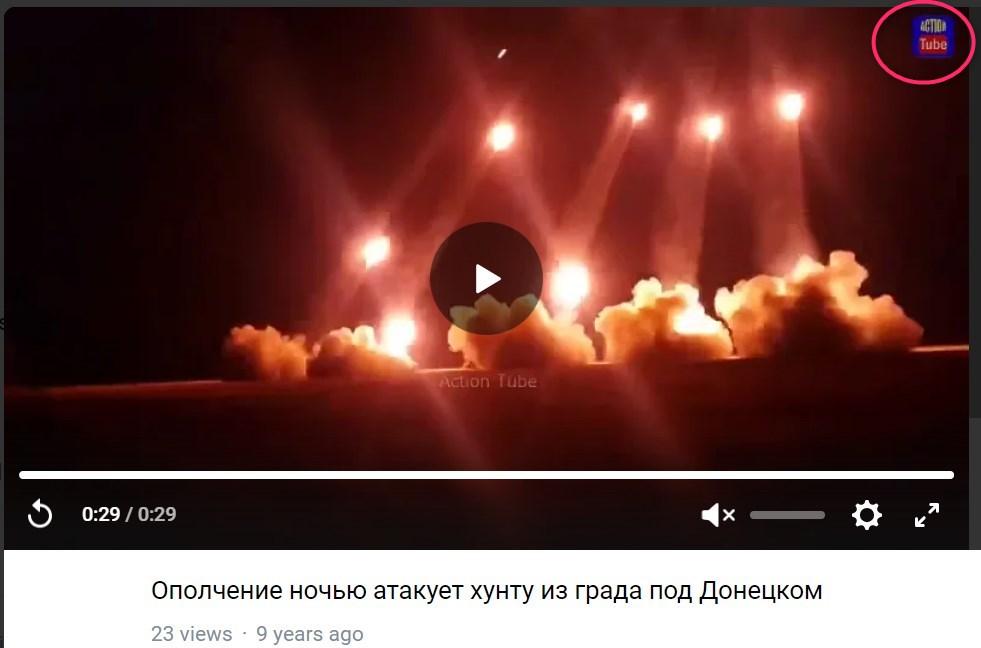
Another post published by an X account called “Conflict News” on November 30, 2014, included a screenshot from the same video (archived here).
“Massive Ukrainian Grad barrage against #NAF positions in eastern #Ukraine (sic),” reads the post. A faint “Action Tube” watermark is visible in the centre of the screenshot.
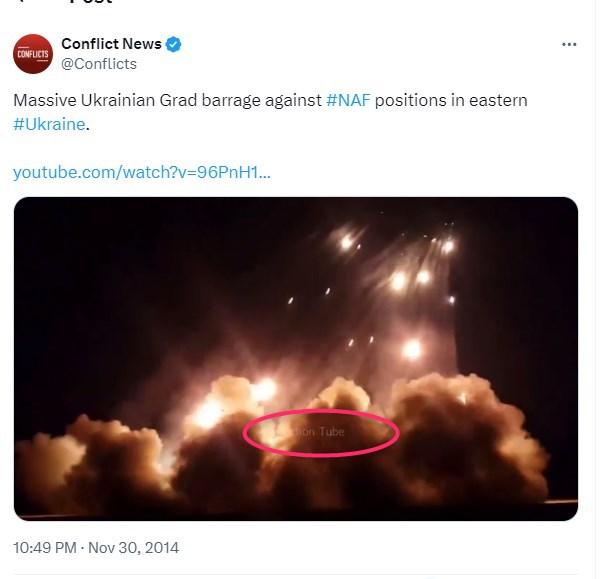
A link in the post leads to a private video on YouTube that AFP Fact Check found was unavailable for viewing.
A search on YouTube did, however, find the “Action Tube” channel where numerous videos from the first Russian invasion of Ukraine a decade ago were posted.
Dates on the videos show the channel stopped publishing content about nine years ago.
The same clip falsely linked to Iran’s missile attack on Israel featured halfway through a 60-second video (archived here) published in February 2017 by a YouTube channel called “World Weapons”.
Captioned as “Night volley of Russian MLRS ‘Grad’. Fire!”, the video also carried the “Action Tube” logo.
While AFP Fact Check could not ascertain precisely where and when the footage was taken, it predates the latest conflicts troubling the Middle East.
“Multiple rocket system”
French military expert Xavier Tytelman ruled out any links to Iran’s retaliatory attack on Israel.
“The rhythm of the shooting does not fit with ballistic missiles and cruise missiles used by Iran in the latest attack on Israel,” he told AFP Fact Check on April 18, 2024.
Tytelman said the weapons looked like "simple rockets" like the Russian BM21.
“None of them can reach over 40 kilometres,” he added.
Iran and Israel are about 1,724 kilometres (1,071 miles) apart.
This story has been amended to fix a typo in the lead.April 26, 2024 This story has been amended to fix a typo in the lead.
Copyright © AFP 2017-2026. Any commercial use of this content requires a subscription. Click here to find out more.
Is there content that you would like AFP to fact-check? Get in touch.
Contact us
